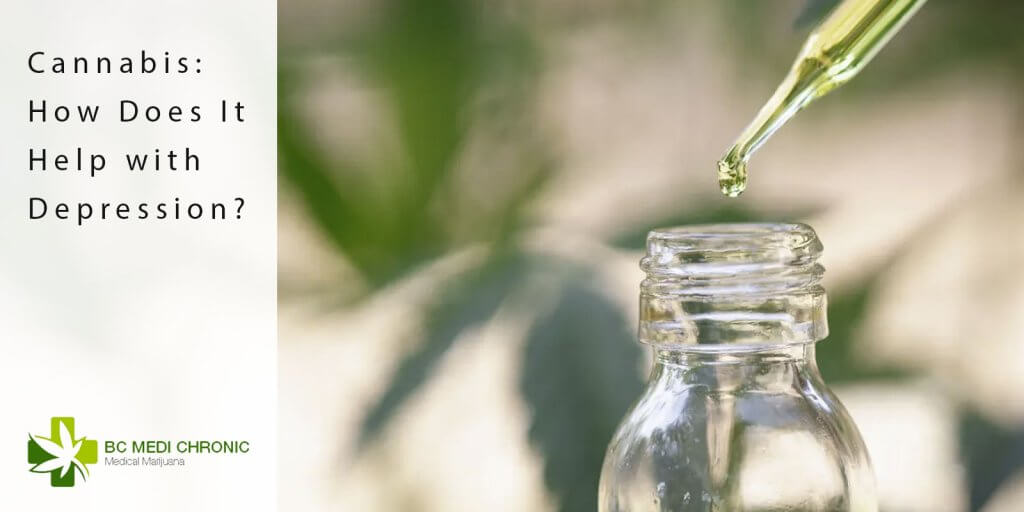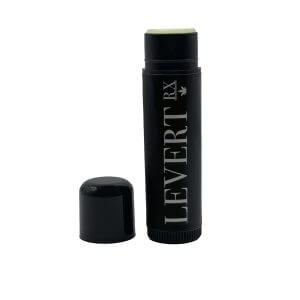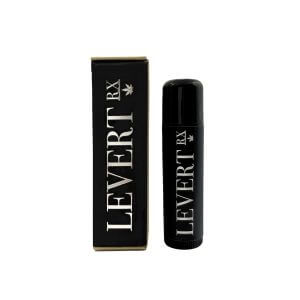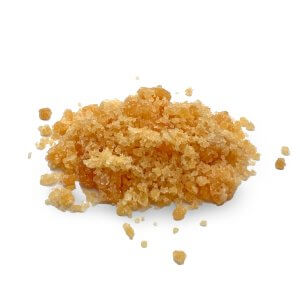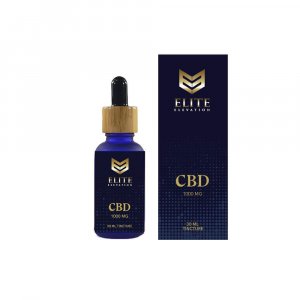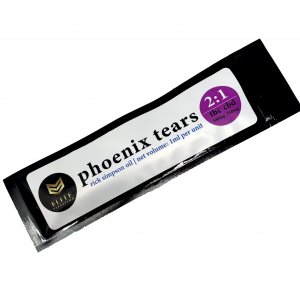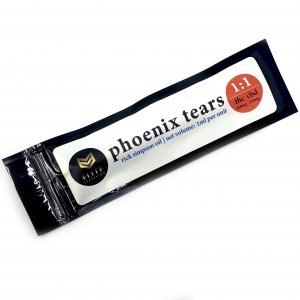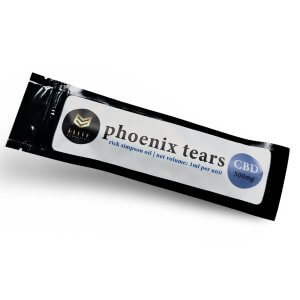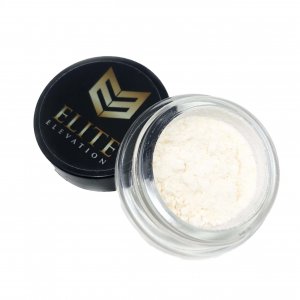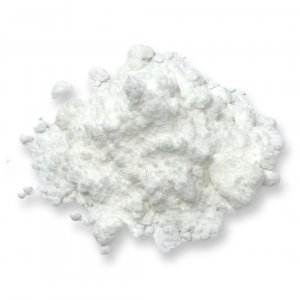Many people struggle with depression in the modern world. It could be because of the pressures of modern life or it could be the an imbalance in the brain’s endocannabinoid system. Hence, any substance that helps bring balance to this system has the potential to help with depression as well. Cannabidiol (CBD), a non-psychoactive component of cannabis, is one such substance. Fortunately, research has shown that using cannabis regularly can improve symptoms of depression and make it harder for the disorder to come back again if it strikes you once or twice.
What is Depression?
Depression is a serious disorder that affects millions of people across the world. It is characterized by a persistent sad or irritable mood, a low interest in things or activities once enjoyed, a loss of appetite and/or weight, fatigue, and insomnia. Sometimes, it can lead to thoughts of self-harm, suicidal thoughts, or even suicide. There are several types of depression, and it can occur at any age, although younger people are more likely to be diagnosed with it. Certain combination of factors that play a role in your genetic makeup and environmental influences (like stress, culture, and socioeconomic factors) are the reasons why someone may develop depression.
How Does Cannabis Help with Depression?
Many people struggle with depression because their endocannabinoid system (ECS) is out of balance. The ECS is responsible for regulating mood, levels of happiness, sleep, hunger, and pain. It is ultimately responsible for how we experience life. When there is an imbalance, the result can be many different kinds of symptoms, including anxiety, low motivation, low energy, sleep problems, and more. Anecdotal evidence suggests that cannabis can help balance our ECS. In fact, a study found that regular cannabis users had significantly lower levels of depression than non-users. Furthermore, people who use cannabinoids such as CBD have been shown to have increased levels of dopamine, serotonin, and norepinephrine—all neurotransmitters that can help balance mood.
How to Use CBD for Depression
There are many ways to consume CBD. You can use CBD oil, a CBD drink, CBD pills, or even a CBD suppository. Each route of administration has its own advantages and drawbacks, so you’ll want to decide which method is the best for you. If you plan on using CBD oil, you’ll want to make sure it contains “full spectrum” CBD. Full spectrum CBD oil includes CBG, CBV, and CBC along with just the CBD molecule. If you’re new to the world of CBD, start with a low dose and slowly build up your intake. It’s also a good idea to keep some product around at all times, just in case you need to take it right away.
Safety Considerations
If you start using CBD to treat your depression, you should always consult your doctor. This is important because some people may be taking medications that may interfere with the use of CBD. Furthermore, it is important to use CBD sensibly, so that you don’t get too high and draw negative attention to yourself by doing something rash. This means you should always start low and go slow when using CBD. CBD can also be expensive, so it’s important to keep in mind that this could be a lifelong treatment so make sure you’re financially ready for it. It’s also important to keep in mind that CBD should never be your only form of treatment.
Conclusion
CBD can be helpful for treating depression by helping you get your endocannabinoid system back into balance. There are many different forms of CBD, but one of the most common and effective types of CBD is oil. The most popular and easiest way is to use CBD oil is drops under your tongue. Keep in mind that you should always speak to your doctor prior to starting new treatment. Visit BCMedichronic.co online dispensary for all your CBD product needs.
-
Select options This product has multiple variants. The options may be chosen on the product page CBD
Premium Lip Balm 50mg CBD by LeVert RX
$8.00 -
Select options This product has multiple variants. The options may be chosen on the product page CBD
CBD Sugar Crystalline
Original price was: $15.00.$5.00Current price is: $5.00. -
Select options This product has multiple variants. The options may be chosen on the product page CBD
CBD Phoenix Tears by Elite Elevation
Price range: $10.00 through $13.00 -
Select options This product has multiple variants. The options may be chosen on the product page CBD
CBD Isolate by Elite Elevation
Price range: $10.00 through $185.00 -
Select options This product has multiple variants. The options may be chosen on the product page CBD
CBD Isolate
$185.00

